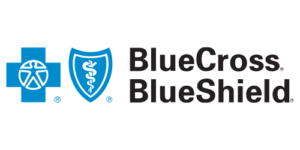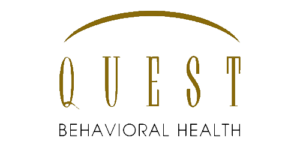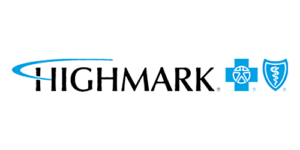If you have ever experienced a panic attack, you know how frightening they are. A panic attack is an unexpected, intense, and overwhelming feeling of fear, distress, or anxiety with a sudden onset. Most panic attacks only last for five to twenty minutes, but they can feel like a much longer time, and it often takes longer to recuperate fully. Panic attacks trigger severe physical symptoms that can be highly frightening. Many people report that they feel like they have a heart attack or are dying.
Everyone is susceptible to having a panic attack during extreme duress. However, individuals who regularly experience panic attacks likely have a panic disorder and can benefit from an anxiety treatment program. Arkview Recovery offers comprehensive mental health services and treatment for co-occurring substance use disorders. Our residential setting offers around-the-clock care without the distractions of daily life that can trigger panic attacks. Call 717.744.0756 to learn more.
What Happens After a Panic Attack?
Panic attacks trigger the body’s fight or flight response, sending a rush of adrenaline through the bloodstream and putting your body on high alert. Your breathing becomes quick and shallow to allow you to take in more oxygen, and your heartbeat quickens, sending more blood to your muscles. Blood sugar spikes, and your senses become heightened to keep you alert. All of this contributes to physical symptoms, including:
- Chest pain
- Shortness of breath
- Nausea or vomiting
- Dizziness or fainting
- Hot flashes or chills
- Numbness or tingling in the extremities
- Trembling and shaking
- Feeling like you are choking
Symptoms usually peak within ten minutes and begin to subside after twenty to thirty. However, it takes time for the body’s systems to regulate. Most people feel exhausted and have body aches and pains, commonly referred to as a panic attack hangover.
Post Panic Attack: Dealing With the After Effects
Feeling exhausted and sore following a panic attack is entirely normal. You may continue to feel fearful, hyperventilate, have chest pains, and have a stomachache. Consider the following tips for coping with the after-effects of a panic attack:
- Sleep – Panic attacks are intense and require enormous energy, often leaving you exhausted. A short rest can help with recovery.
- Practice breathing exercises – Hyperventilating prevents oxygen intake. Practicing deep breathing exercises helps restore natural airflow.
- Recite a mantra – Mantras can help refocus your attention, reframe your thoughts, and help the mind recover.
- Exercise – Low-impact exercises can help regulate blood flow, blood pressure, and the nervous system. It also releases endorphins that can boost your mood and reduce stress.
- Change your surroundings – Going outside or otherwise changing your environment can take you away from triggers and help you calm down.
- Talk with someone you trust – Talking about a panic attack with someone you trust can help you process it.
- Eat something healthy – A nutritious snack can provide your body and mind with healing nutrients.
Full recovery from a panic attack can take time, but it is possible. It can be helpful to document the details of your panic attacks to identify any themes or patterns. An anxiety treatment program can help you learn to prevent panic attacks while treating the underlying factors that contribute to your panic disorder.
Contact Arkview Recovery to Learn More About Panic Attack Recovery
At Arkview Recovery, we understand that panic attacks are highly distressing and can be debilitating. Through our residential anxiety treatment program, you can learn new ways to cope and get through panic attacks and the after-effects while building self-confidence and learning to reduce overall anxiety.
Our comprehensive approach to mental health treatment utilizes evidence-based therapies, including:
- Cognitive-behavioral therapy (CBT)
- Dialectical behavior therapy (DBT)
- Individual therapy
- Group therapy
- Family therapy
In addition to an assigned case manager, you will receive high-quality, individualized treatment from a qualified multidisciplinary treatment team. Contact us today for more information. Reach out using our secure online form or call 717.744.0756.



















